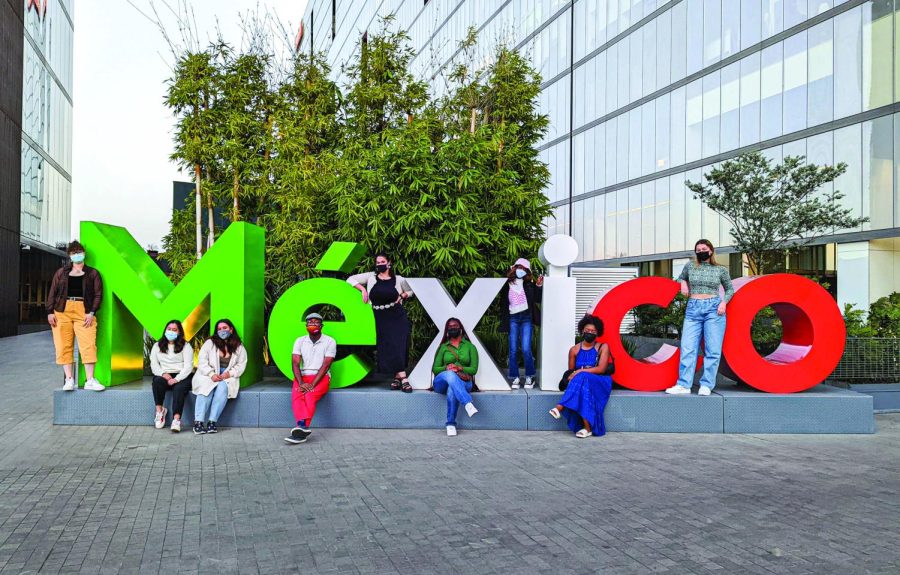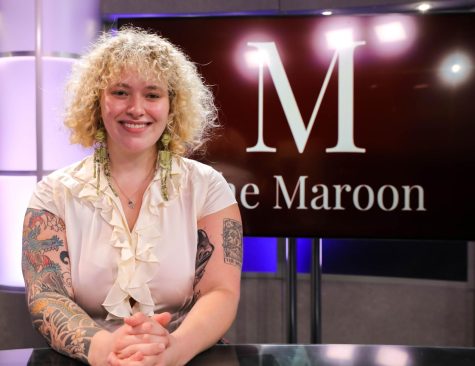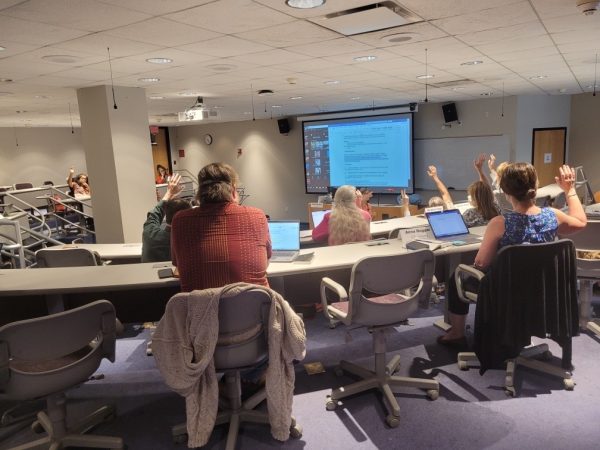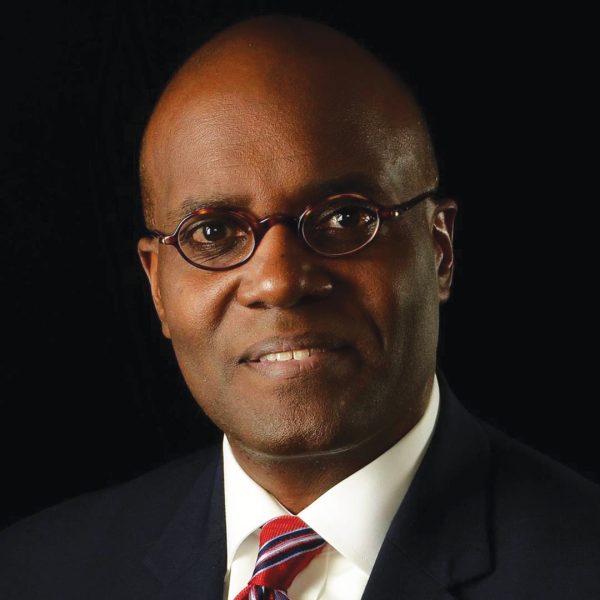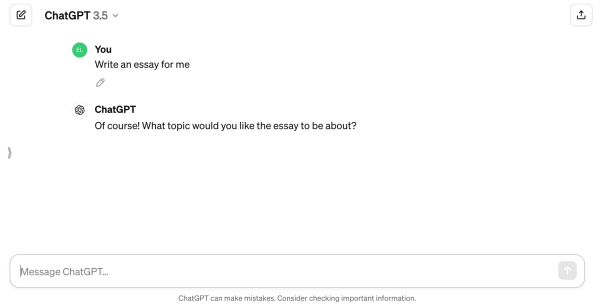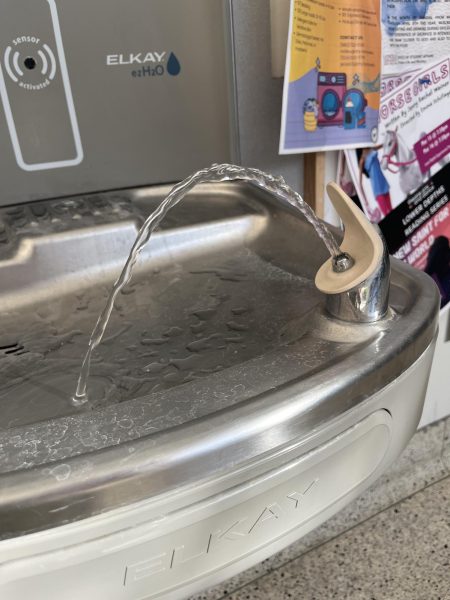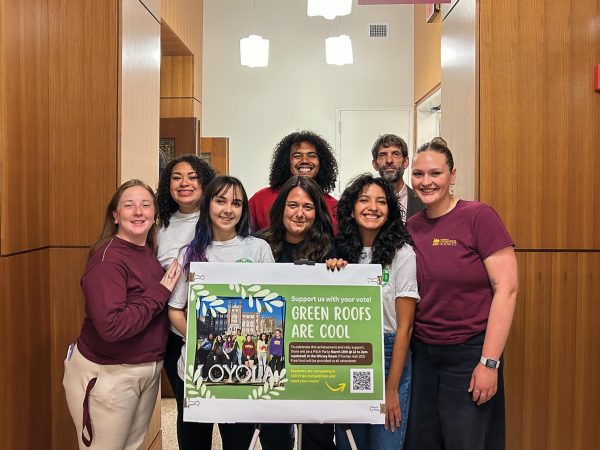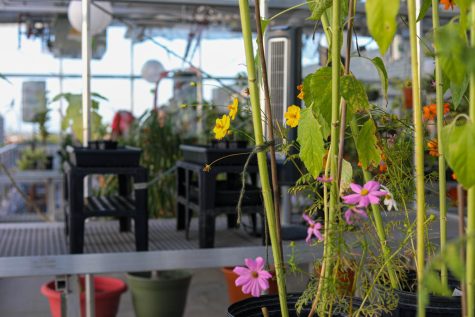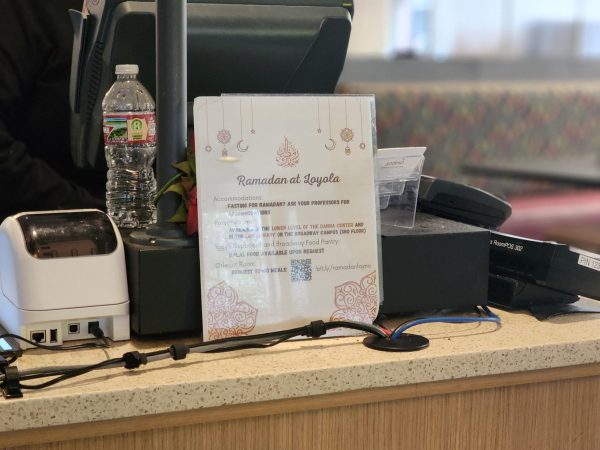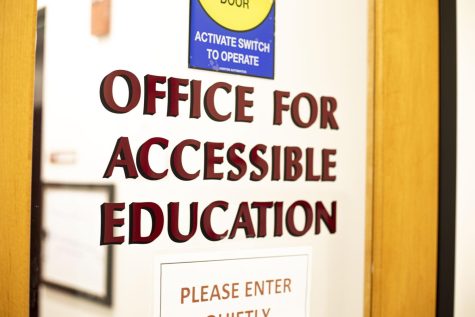Study abroad promotes social justice
Kedrick Perry and study abroad students pose with a “Mexico” sign during their study abroad trip to Mexico in January 2021. Students studied abroad for free to learn about global social justice movements. Courtesy of Kedrick Perry.
February 11, 2022
This January, ten Loyola students had the opportunity to step outside of their comfort zones and dive into social justice movements in a culture other than their own. Students participated in the January Term study abroad trip to Mexico City led by Kedrick Perry, vice president for equity and inclusion.
The free trip was geared towards students from underrepresented communities in an effort to provide them with an understanding of other cultures and broaden their worldview, Perry said. During their time in Mexico, students took a two week course entitled Power in Movement and used their knowledge to discuss social justice efforts within the local community, according to Perry.
Taylor Nelson, psychology junior, had never traveled out of the country before, but now sees herself participating in more study abroad programs and she is considering a semester abroad.
“This was definitely a life changing opportunity that I am so grateful for,” Nelson said. “I loved being in a new environment while learning new ideas and exploring different cultures.”
Destiny Sanders, journalism junior, joined Perry on the trip. Although Sanders had been outside of the country before, she said she found the experience eye-opening.
“What we did outside the classroom really elevated the experience,” Sanders said. “It was really cool to hear them talk to us about life in Mexico City or immigration or environmental issues and as soon as I walk outside I see all those unfolding in front of me.”
The course included lectures on Mexican cinema, Indigenous affairs, migration, environmental justice, and gender equity. Students also visited a community center to learn about urban gardening, took cooking and dance lessons, went to the anthropology museum, and walked around the pyramids of Mexico, Perry said.
“It allowed students to understand the vastness of our world and the many cultures that inhabit it,” Perry said. “This trip also gave students the opportunity to understand their privilege and gain a better understanding of our neighbor to the south.”
All travel and tuition fees for the program were covered by the university, according to Perry. The trip was made free by a grant from the Increase and Diversify Education Abroad for U.S. Students program, funded by the U.S Department of State, according to Perry.
“I would definitely say studying abroad was something I always wanted to do, but the price is what stopped me. That’s why when I heard about this program, I applied, because it gave me the opportunity to for free,” Sanders said.
Nelson said study abroad programs like this are essential because they afford students who are already dealing with the burden of college tuition, the ability to participate in incredible opportunities that they would otherwise be barred from due to funding.
“My hope is also that the trip will allow our students to continue developing their international resource skills and be ready to compete and lead on a global scale,” Perry said.


